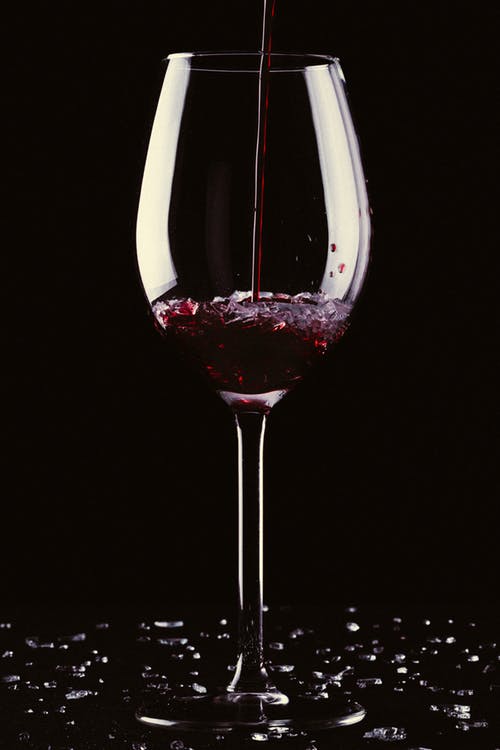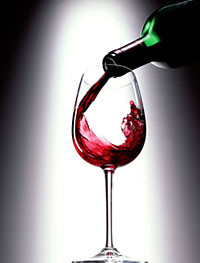People reading the header of this piece would be shocked to see that wine addiction also exists. As a matter of fact, there is a thin line between wine abuse and wine addiction.
When a high level of premium is placed on drinking wine, such that the individual values it above other productive tasks, then wine addiction is in motion.
In the treatment of wine addiction, the best method of approach is the personal treatment method. This is possible when the addict is admonished by someone who is well versed in the concept of addiction.
Addicts do not like it when you condemn them, even though they know what they are doing is wrong, it is best to approach them lovingly.
Wine addiction is a sub-category of alcohol addiction, because of the constituents that make up the substance. Wine contains yeast which is responsible for the ingestion of whole sugar to produce ethanol, known as the major ingredient in alcohol.
One of the reasons why wine addiction is unknowingly widespread is because it is easily accessible and people love it. Wine addiction has advantageous effects that play out both in the short-term and long-term.
In the short-term, wine addiction causes extreme calmness, vomiting, somnolence; the individual is not able to concentrate, his or her speech becomes slurred and the person might relapse in a coma if care is not taken.
Looking at the long-term effect of alcohol addiction, the major organs of the body are affected. And if care is not taken, there is a tendency for deterioration to occur.
The Brain which is very delicate, could undergo modification whereby the communication pathways of the brain are affected, and memory loss could occur in the process.
The Heart too could also be affected. The individual could also experience irregular heartbeat, stroke or even high blood pressure.
The same applies to the Liver, being the natural filter of the body, it could deteriorate if the wine taken is too much. Some liver problems like fibrosis, hepatitis and others could occur.


